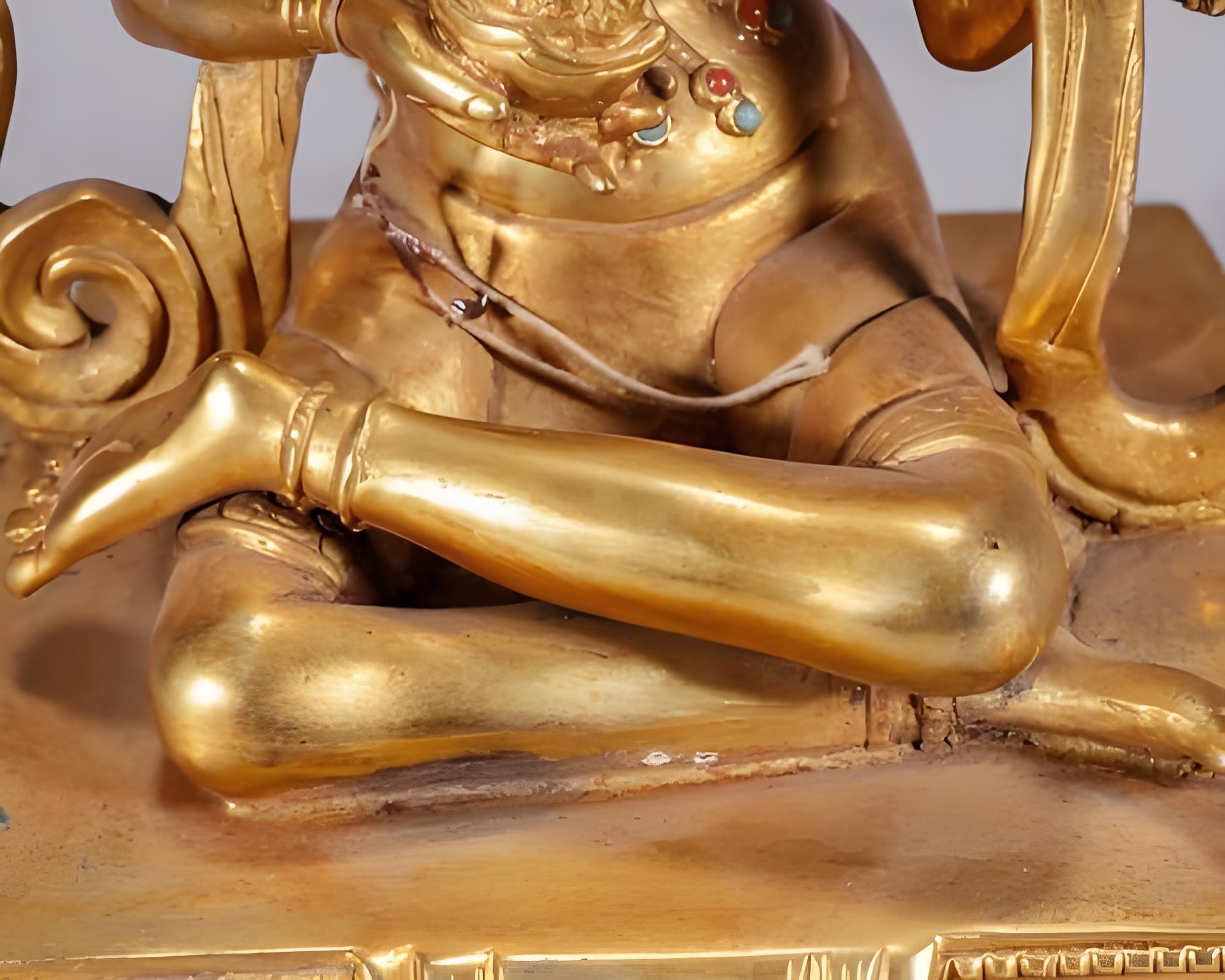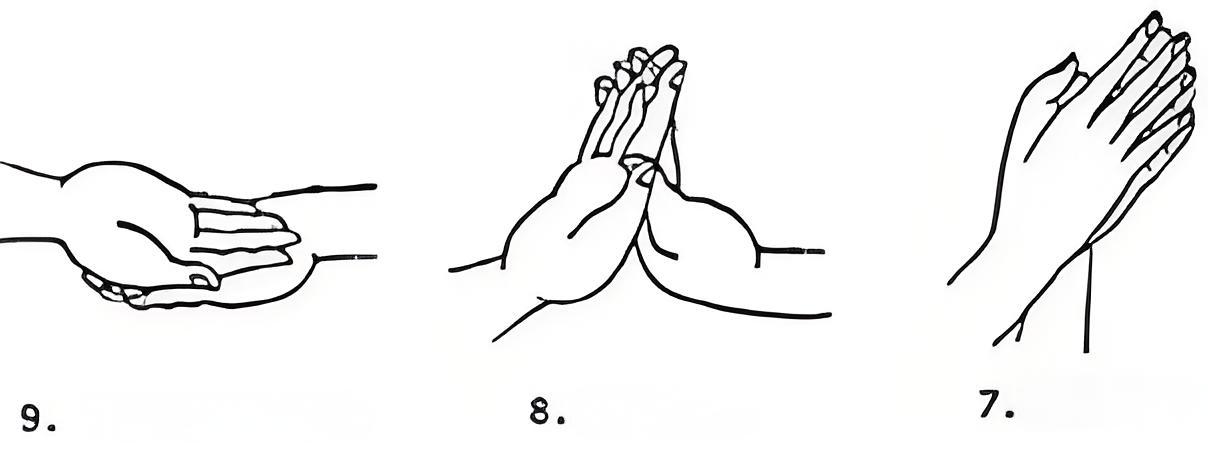type
status
date
slug
summary
tags
category
icon
password
AI summary
Understanding Depression and Its Root Causes
Depression is a complex psychological condition that affects millions of people worldwide. It often manifests as feelings of sadness, hopelessness, and a lack of energy or motivation. In Buddhist teachings, depression is considered a psychogenic disease, deeply connected to disturbances in the Alaya consciousness. This consciousness stores the karmic seeds of past actions, including negative thoughts and deeds accumulated over countless lifetimes. These karmic residues create disturbances in the present mind, which manifest as emotional turmoil, anxiety, and depression.
The Buddha, revered as the Great Physician, is believed to have the power to cure both physical and mental illnesses, including depression. By understanding the root causes of this mental affliction, individuals can begin to recognize the path to healing. Through a firm belief in the Buddha’s wisdom and guidance, one can embark on a transformative journey toward mental peace and emotional well-being, using the powerful prayer for depression as a key tool in the process.
The Power of Faith and Chanting Buddha’s Name
A core aspect of Buddhist practice for overcoming depression is cultivating a deep faith in the Buddha’s healing power. Depression, though overwhelming, can be alleviated by engaging in spiritual practices such as chanting Buddha’s name. Chanting is not only an act of devotion, but it also serves as a powerful tool for personal transformation. Reciting the "Confession Verse" multiple times a day is one such practice. The verse begins with a recognition that all negative karma—rooted in greed, anger, and ignorance—has been accumulated through our thoughts, words, and actions. By chanting this verse with sincerity, you acknowledge past mistakes and begin the process of purification. This act of repentance helps to clear mental obstacles, making space for healing and peace.
In moments of deep despair, prayer for depression becomes a comforting practice, allowing one to focus on the sacred words of Buddha and bring clarity to the troubled mind. As the chant fills the heart and mind, it gradually displaces darkness and negativity, bringing forth a sense of light and tranquility.
How Chanting Buddha’s Name Helps with Depression

Chanting Buddha’s name is not just a ritual; it is a deeply personal practice that fosters mindfulness and awareness. People suffering from depression often feel isolated, unable to share their inner struggles with others. This emotional isolation can make their condition seem even more daunting. By chanting Buddha’s name, practitioners engage in a form of self-dialogue, where they listen to their own words and allow their minds to relax. The practice also helps redirect negative thoughts toward more positive affirmations, reinforcing the healing process.
The name of Amitabha Buddha, associated with infinite light, is particularly powerful. When recited, it is believed to dispel the darkness of mental suffering. As this light fills the heart, negative emotions such as fear, anxiety, and sadness begin to dissipate. The act of chanting, coupled with sincere intention, creates a strong sense of peace that can help soothe the troubled mind. Therefore, prayer for depression becomes not only an act of faith but also a means of personal healing.
Additional Practices for Overcoming Depression
In addition to chanting, Buddhism offers several other practices to help alleviate the suffering caused by depression. One key practice is engaging in virtuous actions, which generate positive energy. These actions include being sincere in one’s thoughts and deeds, staying away from harmful influences, and dedicating oneself to the well-being of others. Simple acts like showing respect to parents, honoring teachers, or adopting a vegetarian lifestyle can foster inner peace and contribute to emotional healing.
Releasing animals, offering charity, and supporting others in their spiritual journeys are all part of Buddhist teachings aimed at promoting good karma. This accumulation of positive energy is said to counteract the negative influences of depression. Furthermore, forming supportive relationships with fellow practitioners can offer a sense of community and belonging, which is vital when dealing with mental health challenges. Sharing one’s struggles with others who understand can lighten the emotional burden and offer new perspectives for healing.
Achieving Healing Through Devotion and Effort
Healing from depression is not an overnight process, but with dedication and faith in the Buddha’s guidance, recovery is achievable. The combination of chanting Buddha’s name, practicing virtuous deeds, and maintaining a positive mindset leads to a gradual transformation of the mind and spirit. It is through diligent effort and the continuous cultivation of inner peace that individuals can rise above depression and reclaim their emotional health.
Furthermore, Buddhism teaches that life is precious, and every moment should be used wisely to cultivate good karma. The practice of chanting Buddha’s name serves as a reminder of life’s impermanence, urging practitioners to use their precious human bodies to seek enlightenment. This realization can serve as both a source of motivation and a form of healing, as it shifts focus from despair to purpose and compassion.

Conclusion: Embrace the Healing Power of Prayer for Depression
The path to healing from depression is deeply intertwined with spiritual practice. By engaging in daily prayer for depression—specifically the practice of chanting Buddha’s name—individuals can begin to experience emotional relief and peace of mind. Through the repetition of sacred words, the act of repentance, and the cultivation of virtuous actions, it is possible to dispel the darkness of depression and step into a life of inner light and wisdom. With patience, effort, and the support of Amitabha Buddha’s blessings, the healing process can unfold, allowing individuals to regain a sense of balance, joy, and purpose in their lives.
By embracing the power of prayer for depression and practicing mindfulness, you open the door to mental and emotional recovery. As you continue chanting Buddha’s name and cultivating positive energy, healing becomes a gradual, yet profound, transformation of your heart and mind.
Loading...






